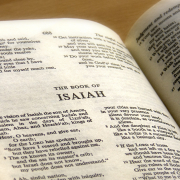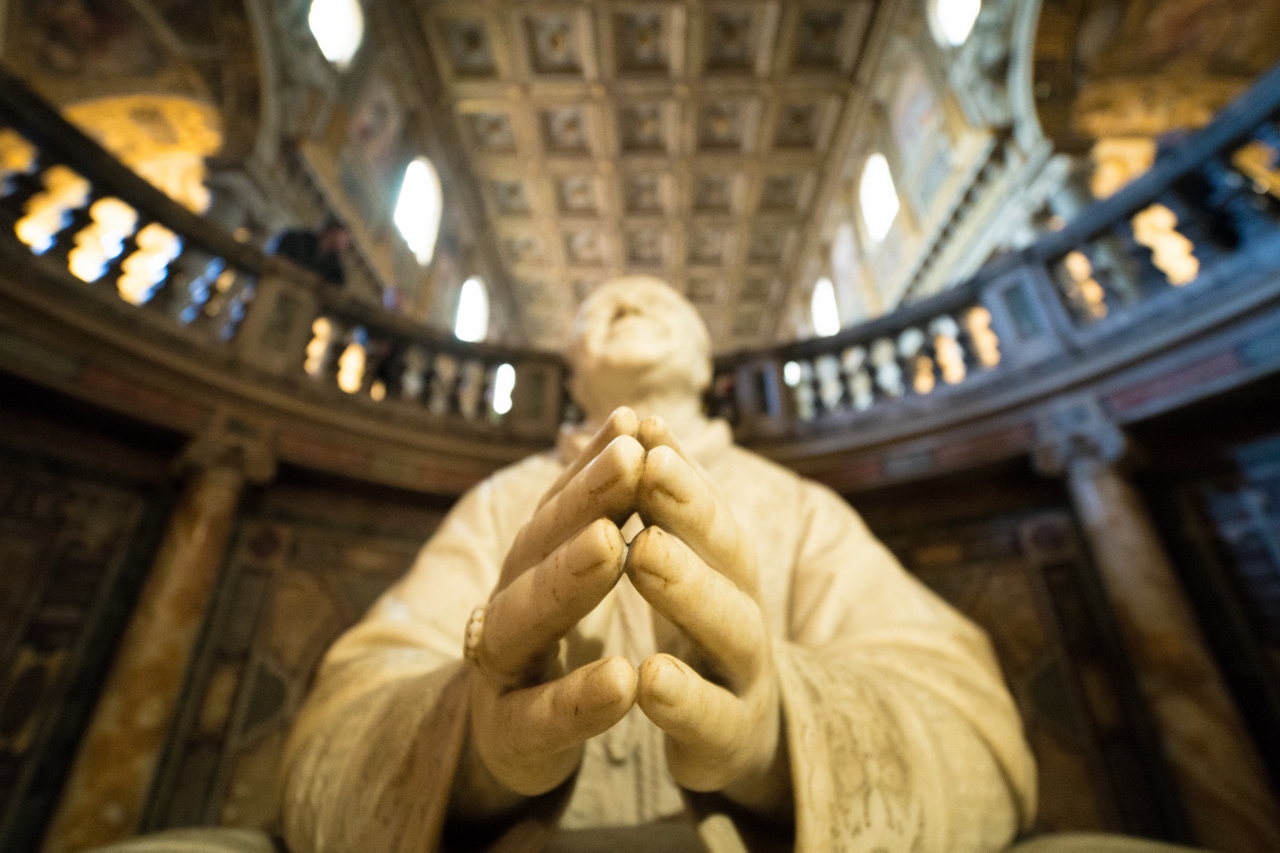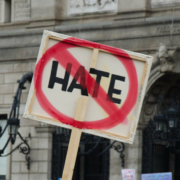Atonement without a Temple: Maccabean Martyrs and Yeshua
Christians often say, “Jesus died for your sins,” a statement that may seem at odds with Jewish beliefs about how our sins are forgiven. But what if I told you that Hanukkah reveals a deeper connection, showing that there is a concept in Jewish tradition that the death of the righteous atones for the sins of Israel.
During Hanukkah, we remember a pivotal moment in our history when our enemies sought to annihilate us, yet God kept His promise to preserve His people. Antiochus IV (c. 265–164 BCE) attempted to eradicate Judaism by outlawing Jewish practices and brutally murdering those Jews who continued to keep the commandments (2 Maccabees 6:7–11). Antiochus stopped Israel’s priests from purifying the Temple and the people through the sacrifices prescribed in the Torah so that God’s presence could dwell with Israel (Leviticus 16:14–22). Antiochus struck at the heart of the Jewish people by desecrating the Jerusalem Temple, sacrificing pigs on God’s altar, and dedicating God’s holy dwelling place to Zeus (2 Maccabees 6:1–5). By defiling the Temple, Israel was unable to offer sacrifices that atone for sin. Antiochus compelled Jewish people to forsake their allegiance to God by forcing them to eat pork, and he brutally tortured and murdered those Jewish people who refused. How did the people of Israel respond?
One devout Jewish leader, Eleazar, rejected Antiochus’s command and as a result faced brutal torture: “His flesh was being torn by scourges, his blood flowing, and his sides were being cut to pieces” (4 Maccabees 6:6). As he was dying, Eleazar declared, “You know, O God, that though I could have saved myself, I am dying in these fiery torments for the sake of the law. Be merciful to your people and let our punishment be a satisfaction on their behalf. Make my blood their purification and take my life as a ransom for theirs” (4 Maccabees 6:27–28). Eleazar’s plea was for God to use his blood to atone for Israel’s sins, for his blood to purify the people, offering his life to be taken in exchange for his people.
Similarly, a mother and her seven sons also suffered torture and death for remaining faithful to God during the Maccabean revolt. The author of 4 Maccabees described the Jewish martyrs as “a ransom for the sin of our nation. And through the blood of those devout ones and their death as an atoning sacrifice, divine Providence preserved Israel that previously had been mistreated” 4 Maccabees 17:20–22).
Their deaths were viewed as an atoning sacrifice that preserved Israel through divine providence. The solution these martyrs sought for atonement in the absence of the Temple was to ask God to accept their deaths as a “ransom for the sin of our nation,” and their blood as an “atoning sacrifice.” Jewish scholar Géza Vermes comments,
“In the passages quoted from IV Maccabees, the self-offering of the martyrs is considered as an atonement for the sins of Israel, and the life of the just is offered as a ransom for sinners. By offering his life in expiation, the martyr imitates Isaac.”
This is the context for what we celebrate during Hannukah––the Maccabees’ victory over our oppressors and the rededication of the Temple, restoring the sacrificial system and allowing Jewish people to freely live as Jews.
Why did these martyrs ask God for their blood to be given up as a ransom for Israel’s sins? The significance of blood atonement is found in Leviticus 17:11, where God says, “For the life of the flesh is in the blood, and I have given it for you on the altar to make atonement for your souls, for it is the blood that makes atonement by the life.” The Maccabean martyrs recognized the need for atonement and offered their lives for this purpose. This concept is echoed in later rabbinic literature (b. Mo’ed Qatan 28a; Leviticus Rabbah 20:12), as well as in Jewish literature that is unfamiliar to many Jewish people––the New Testament.
The New Testament recounts another defilement of the Temple, this time by a group of scribes and Pharisees. Jesus rebuked this group of Jewish leaders,
I send you prophets and wise men and scribes, some of whom you will kill and crucify, and some you will flog in your synagogues and persecute from town to town, so that on you may come all the righteous blood shed on earth, from the blood of righteous Abel to the blood of Zechariah the son of Barachiah, whom you murdered between the sanctuary and the altar” (Matthew 23:34–35).
Jesus informed Israel’s leaders that they are guilty of committing bloodshed in the Temple, which according to the Torah defiles this sacred space (Numbers 35:34–35; cf. b. Yoma 9b). Jesus lamented over Jerusalem and the Temple, saying,
O Jerusalem, Jerusalem, the city that kills the prophets and stones those who are sent to it! How often would I have gathered your children together as a hen gathers her brood under her wings, and you were not willing! See, your house is left to you desolate” (Matthew 23:37–38).
Yeshua signaled God’s presence leaving the Temple by departing to the Mount of Olives, just as God’s presence left the first temple before its destruction (Ezekiel 11:23).
Yeshua’s solution for Israel’s atonement without a Temple was to offer himself as the atoning sacrifice, reconciling Israel to God and enabling God’s presence to dwell with His people. Yeshua explained that as the Messiah, he “came not to be served but to serve, and to give his life as a ransom for many” (Matthew 20:28, cf. 26:26–28). Yeshua, whose name means “the Lord saves,” came to save Israel from her sins, confirming God’s covenant with Israel––offering himself as the atoning sacrifice.
Moreover, Yeshua did not simply die; God raised him from the dead, validating his messianic identity and the effectiveness of his sacrifice. Atonement and fellowship with God can be accessed by those who put their trust in Yeshua. He will return to reign on David’s throne in Jerusalem, and yet, he is still faithful to offer access to God’s presence today as we mourn the destruction of our holy Temple. The God who was faithful to us during Hanukkah continues to be faithful to us today. Am Yisrael Chai!
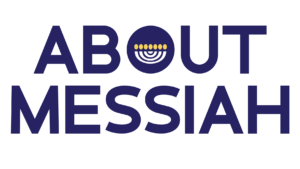
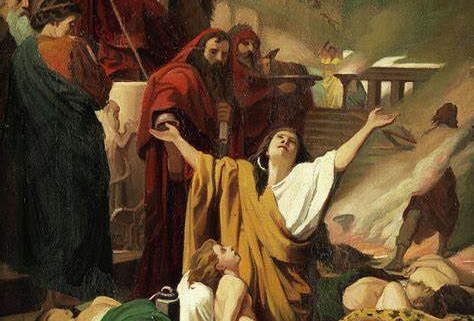

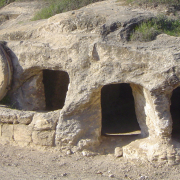 Brian Crawford
Brian Crawford